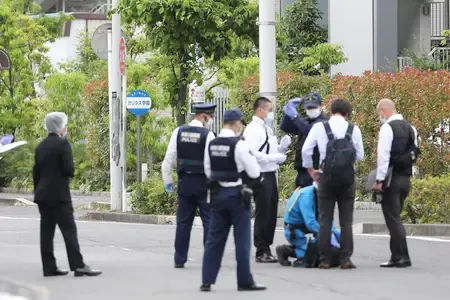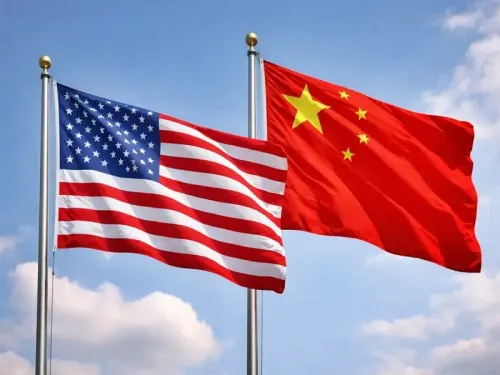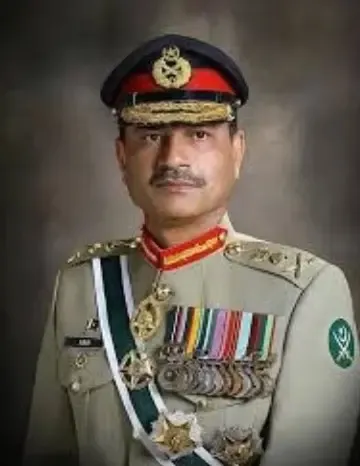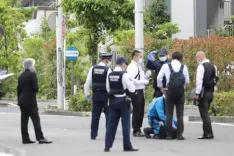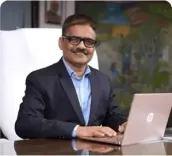How is India's Diplomacy on Display at the G7 Summit?
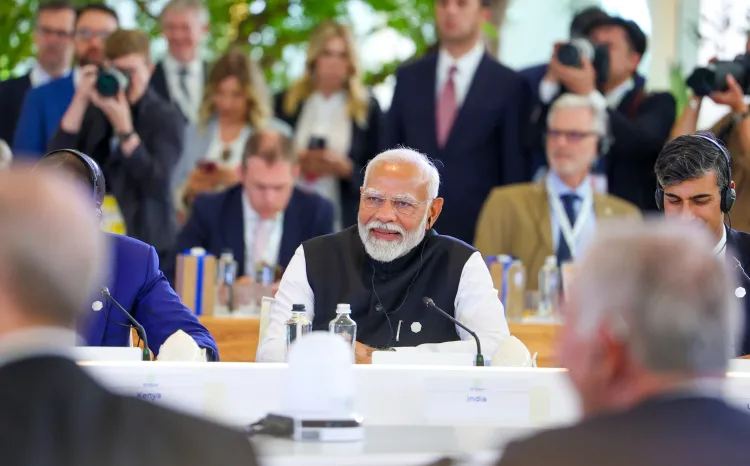
Synopsis
Key Takeaways
- India's G7 participation signifies its growing diplomatic stature.
- PM Modi is recognized for his leadership in climate action and technology.
- Operation Sindoor reflects India's commitment to combating terrorism.
- Strengthening India-US relations is a priority in diplomatic discussions.
- India is playing a crucial role in global consensus-building.
Ottawa/New Delhi, June 6 (NationPress) Dispelling skepticism, the administration led by Prime Minister Narendra Modi has once again demonstrated that its diplomatic reach transcends the expectations of opposition figures at home and those running propaganda campaigns from abroad.
As the All-Party Parliamentary Delegation, headed by Shashi Tharoor, concluded its highly productive trip to the United States—where they had an excellent meeting with US Vice-President J D Vance at the White House—Prime Minister Modi received a call from Canada's new Prime Minister Mark Carney, inviting him to the upcoming G7 Summit in Kananaskis.
The Group of Seven (G7) is an informal assembly of the world's leading advanced economies, comprising Canada, France, Germany, Italy, Japan, the United Kingdom, and the United States, alongside the European Union.
India, however, has been invited as an Outreach Country, with last year's 50th edition hosted by Italy marking India’s 11th participation and PM Modi's fifth consecutive attendance at the G7 Summit.
This visit marks the Prime Minister's first international trip since starting his third consecutive term and saw PM Modi engaging with global leaders on vital issues both for India and the Global South.
PM Modi's significant engagements, both bilateral and multilateral, highlight India's elevated profile on the global stage, attributed to its growing influence and strong diplomacy.
Recognized for his visionary leadership and advocacy for developing nations on international platforms, PM Modi is also acknowledged worldwide for his leadership in climate action, innovation, and technology.
Earlier this year, while co-chairing the AI Action Summit with French President Emmanuel Macron in Paris, PM Modi captivated global leaders with his assertion that the world is entering the AI age, where technology is rapidly reshaping human society, politics, and economies.
“This heralds a new era. Previously, India's diplomacy was characterized by a non-aligned approach, but PM Modi has successfully transitioned it to an all-aligned strategy. Under his guidance, India's diplomatic capabilities are expanding significantly. Our increasing stature is being recognized and celebrated by foreign powers today,” remarked Sudhanshu Trivedi, Rajya Sabha MP and National Spokesperson of the Bharatiya Janata Party, in an interview last year.
The diplomatic outreach continues to gain momentum in Modi's 11th year in office, showcased by the remarkable success of Operation Sindoor, affirming New Delhi's steadfast commitment to a policy of zero tolerance towards terrorism.
During the All-Party Parliamentary Delegation's meetings in Washington, key interlocutors were briefed about the menace of Pakistan-backed terrorism impacting India, coinciding with US journalists confronting Pakistan's Foreign Minister Bilawal Bhutto in New York.
The Indian delegation's discussion with the US Vice-President prioritized strengthening the India-US partnership, including cooperation in counter-terrorism, with Tharoor noting that the constructive exchange addressed a broad range of pressing issues, from counter-terrorism to technological collaboration.
Analysts predict that these discussions will continue at the leaders' level when PM Modi attends the G7 Summit in Kananaskis, Alberta from June 15 to 17.
“India's involvement in the G7 Summit reaffirms its leadership role in fostering global consensus on numerous contentious matters,” they emphasize.


